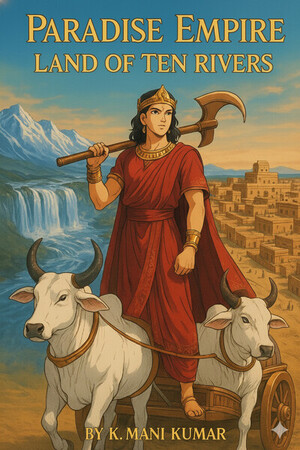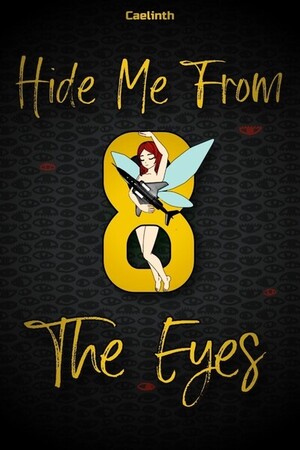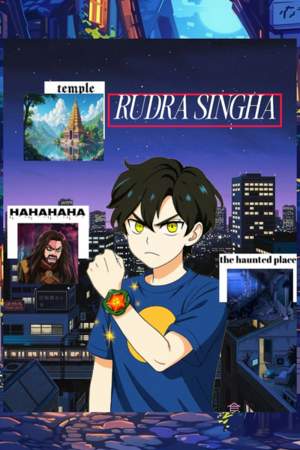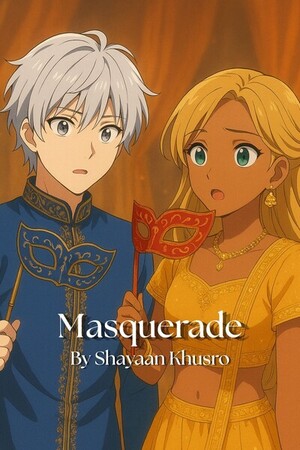Chapter 2:
Chapter 1: Vīra’s Era and the Village
The Paradise Empire: The Land of Ten Rivers season 1 part 1
The Paradise Empire: Land of Ten Rivers
Chapter 1: Vīra’s Era and the Village
[Scene opens beneath the same ancient banyan tree, the wooden bench. The boy beside his grandfather, waiting eagerly for the story to continue]
The old man rubbed his palms together, smiling gently.
“So, my dear boy... where were we?”
The boy, half excited and half impatient, leaned forward.
“I told you, Grandpa! Don’t tell me about the Mahāyudham story! Tell me about our hero — Vīra!
Grandpa chuckled, stroking his white beard.
“Ah yes, you’re right! I nearly lost track again.
The story of Vīra doesn’t begin with the age of the Mahayudham... no, no — it happens thousands of centuries later, when our civilization had grown into the city-states of glory.
The time when the land was ruled by the Five Crowned Cities —Maniyanūru, Śasyānūru, Girivūru, Īśvaranūru, and Dharānūru.”
The boy’s eyes widened. The names rolled like thunder in his ears.
“These five,” the old man continued, “each had its sphere of influence over thirty-one cities, towns, and villages.
Far to the north stood Īśvaranūru, city of the supreme Lord.As if it is the head of our civilization.
On the north rose Girivūru, fortress city of valor.
To the east spread the fertile Dharānūru.
At the very heart, shining like a gem, was Maniyanūru, the City of Jewels.
And far to the south, where the sea kissed the edge of the world, stood Śasyānūru — the City of ships and wealth.”
He paused and smiled, his eyes glowing with remembrance.
“That southern city was a wonder, my boy. A living marvel of water and fire.”
“Why, Grandpa? What was special about it?” the boy asked eagerly.
“Because,” said the old man, his voice turning reverent, “Śasyānūru was built with divine knowledge. Its dockyard was unlike any other —
with sluice gates to let seawater in and out,
wharves where ships from distant lands tied up,
and warehouses where merchants stored treasures from across the oceans.”
The boy leaned closer as the old man’s words painted the scene in the air:
Ships would arrive from the sea, guided by channels carved through the delta.
Sluice gates would open, filling the basin with shimmering water.
Boats tied at the ramps as workers unloaded jars, spices, cotton, and statues .
Traders weighed and sealed goods in the sun — copper, tin, silver, gold, and iron, ready for the next voyage.
Then, as the tide withdrew, the gates would open once more, and the ships would sail out to faraway worlds.
The boy’s face glowed with wonder. “So, that’s how they traded, Grandpa?”
“Yes,” the old man nodded proudly. “Ours was no small land.
Two great rivers flowed down to the sea — the Pedda Nadī, the Great River, and the Amṛta Nadī, the Immortal River.
All other rivers — small and mighty alike — merged into these two.
And my boy do you remember i told you that at the far north, there stood a mystical city, where all ten rivers start flowing .
A sacred city with temple for each river goddess.
And then there was the other important factor of that era: the Five Divine Dynasties....
The boy blinked in awe. “And those dynasties… they ruled the Five Crowned Cities, right?”
“Exactly,” Grandpa said, tapping his walking stick lightly. “Listen carefully now. Let me tell you who they were in Vīra’s time.”
---The Five Crowned Cities and Their Dynasties
Īśvaranūru — ‘City of the Lord’
Lineage of: Sēnayya, the Lord of Armies, third son of Vīrayya.
Symbol: Conch and Banner.
Element: Order and Law.
King: Īśvararāja Sēnadhara — “Holder of Armies,” a righteous strategist of the north.
Queen: Kālyānī Velugammā — “Radiant Queen,” daughter of the Light Goddess herself.
Crown Prince: Dharmēndra (Dharmayya) — “Son of Law,” protector of oaths and justice.
Princess: Prabhānvi — “The Luminous One,” torch-bearer of peace.
---Girivūru — ‘Hill City of Valor’
Lineage of: Yudhayya, Lord of War, second son of Vīrayya.
Symbol: Lion and Hill.
Element: Stone and Thunder.
King: Girirāja Vīravayya — “Hill-born Warrior King,” the embodiment of courage.
Queen: Mahilādevī Śailammā — “Mountain Queen,” wise and strong, guardian of fortress-temples.
Crown Prince: Pārthivēndra(Parāvayya) — “Storm-Son,” restless and brave, said to have lightning in his blood.
Princess: Dharanvī — “Daughter of the Earth,” calm yet powerful, patron of rock shrines and springs.
---
Dharānūru — ‘Earth City of Victory’---
Maniyanūru — ‘City of Jewels’
Lineage of: Dīrayya, Lord of Valor, the first son of Vīrayya.
---
Śasyānūru — ‘City of ships and wealth’
Lineage of: Tejmayya, Lord of Radiance, the last son of Vīrayya.
Symbol: Flame and ship.
Element: Fire and Growth.
King: Tejorāja Vallavayya — “Flame-King of Bounty,” whose presence ripened the fields.
Queen: Śrīvallī Amṛtammādevi — “Immortal Queen of Bliss,” born from the nectar river.
Crown Prince: Vikrama Teja (Tejmayya II) — “Son of Flame,” patron of warriors and glory-seekers.
Princess: Velanvī — “Radiant Daughter,” blessed with the fire of dawn.
---
The old man paused, took a slow breath, and looked at the boy’s face.“His village... was Manūru.”
The boy froze, eyes wide in shock. “Manūru?! Our own village?!”
The old man laughed heartily. “Yes, my boy. Vīra — the one who united all our lands — was born here.
His full name was Manūri Vīra, Vīra of Manūru!”
The boy ran his fingers through his hair, unable to believe it. “The hero who built the great Empire... from our village?!”
The old man only smiled, his laughter echoing under the banyan leaves, carried away by the evening wind.
The boy sat silent, staring at the river — its waters glimmering like silver, whispering the name of their forgotten hero.
Thus ends Chapter One — “Vīra’s Era and the Village.”




Please sign in to leave a comment.